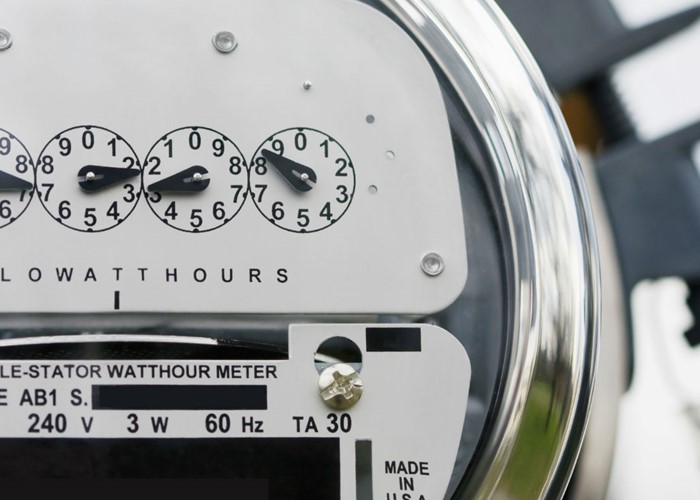Co-operative Energy cuts prices

Relatively new player in the energy market to reduce bills by average of 3% from February.
Co-operative Energy, Britain’s newest energy company, has announced that it’s cutting its prices from February.
The company is part of the Midcounties Co-operative, which also runs supermarkets and banks. It says its ethos is to “provide customers with a fair and transparent deal”.
Co-operative Energy customers will see their bills reduced by an average of 3% on 1 February. The company says this is a reaction to lower wholesale prices.
It estimates this will save the average dual fuel customer around £35 a year and will make it cheaper than all of the ‘Big Six’ energy companies’ standard tariffs.
Paul Green, Chief Executive of Energyhelpline.com, commented: “Although a new challenger in the market with a small customer base at present, the Co-op is a big consumer brand and there is the possibility that this move could herald a much-needed round of price-cutting in the domestic energy sector."
Co-operative Energy was the last of the major suppliers to raise its prices when wholesale prices went up in the autumn.
Last month, Ovo Energy cancelled price increases it had planned for January, also because of the drop in wholesale costs.
Want to switch suppliers? Use lovemoney.com's gas and electricity tool to compare tariffs and see if you could save.
More: Energy complaints soar following price rises | Ofgem unveils proposals for simpler energy industry
Comments
Be the first to comment
Do you want to comment on this article? You need to be signed in for this feature